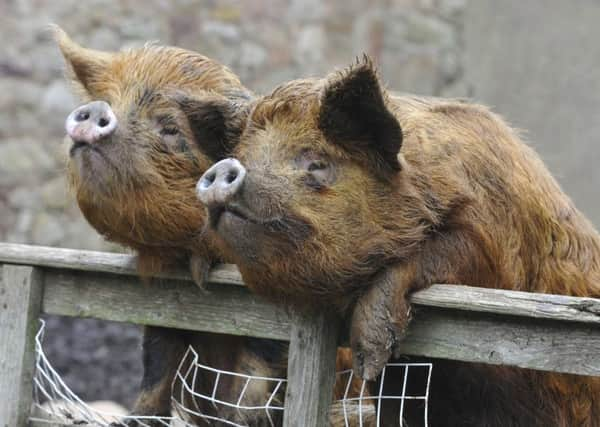Lincoln and Leeds academics in pioneering pig project


The PIGSustain project will bring together all existing data with new scientific studies to accurately build an overview of the entire industry.
It will lead to academics producing a systems model, which will be used to predict how major economic and environmental changes will affect the industry, from farmer to retailer, and provide the kind of informed advice which has not previously been available to key decision makers.
Advertisement
Hide AdAdvertisement
Hide AdThe four-year project will be led by Dr Lisa Collins, reader in the University’s School of Life Sciences. Research partners include the University of Leeds.
Dr Collins said: “At present, we don’t have a continuous, objective and quantified understanding of the health and welfare of our national pig herd, we can’t predict how it will be impacted by future changes to the industry, and we are unable to tell how resilient the UK pig industry is as a whole - through PIGSustain we will address all of these uncertainties.
“This is a truly cross-disciplinary project, which pushes the boundaries of current scientific and social scientific knowledge in many directions.”
The pioneering project is one of five studies to receive a share of £9m in the first round Global Food Security (GFS) programme funding.
Advertisement
Hide AdAdvertisement
Hide AdThe GFS programme examines the resilience of the UK food system in a global context and is funded by the Biotechnology and Biological Sciences Research Council, the Economic and Social Research Council, Natural Environment Research Council and the Scottish Government.